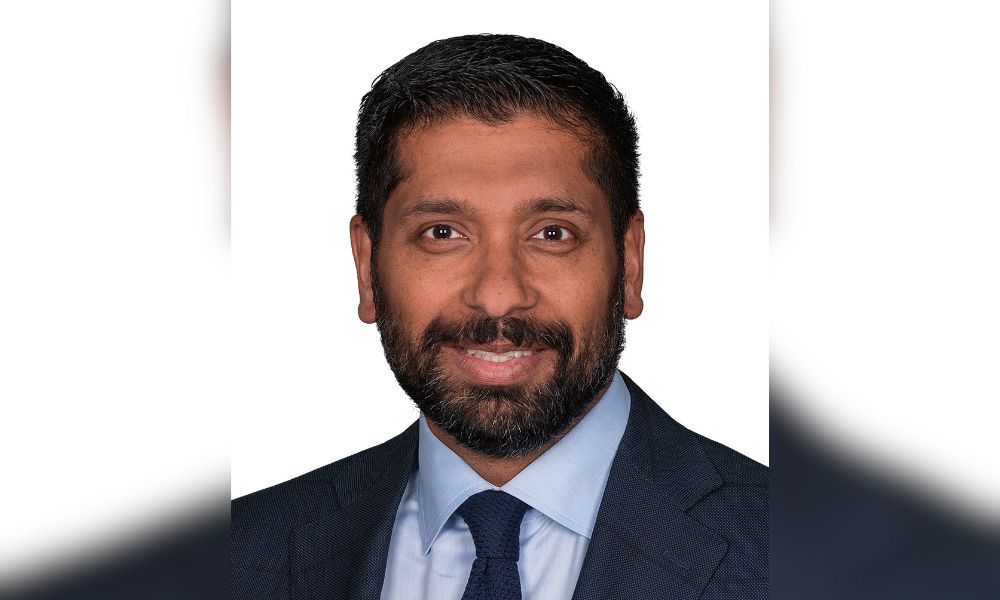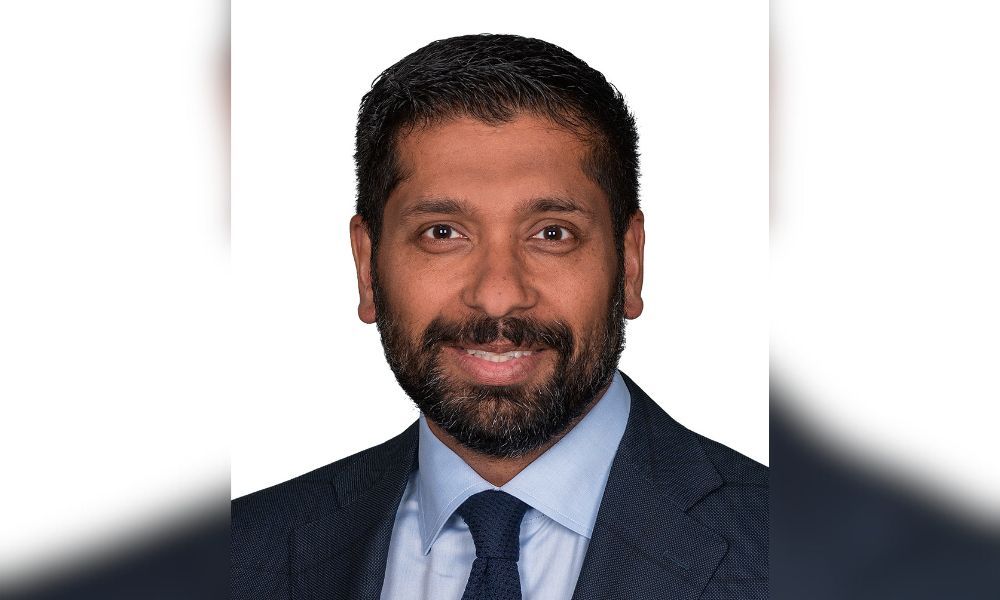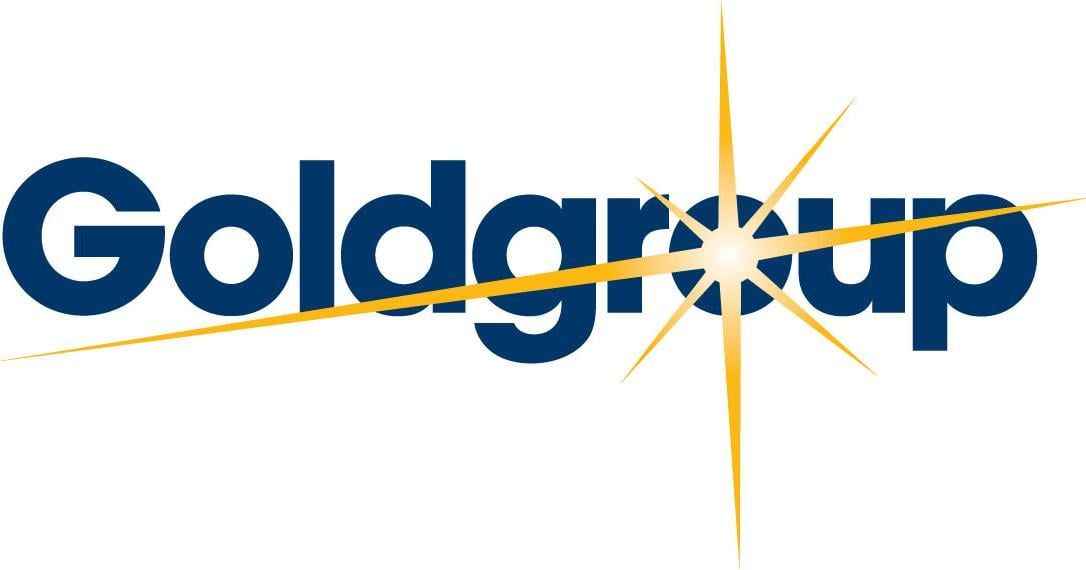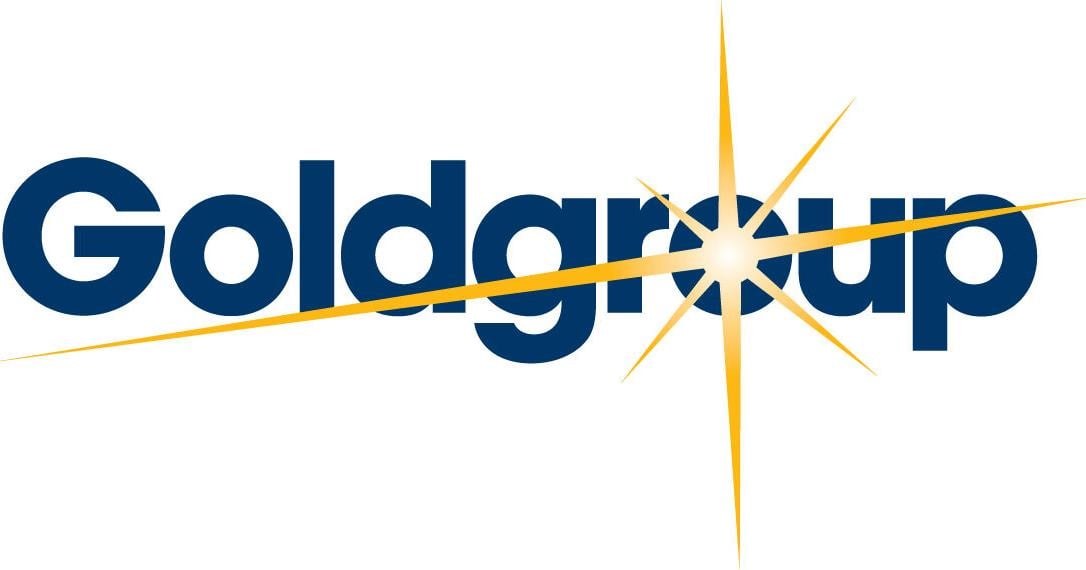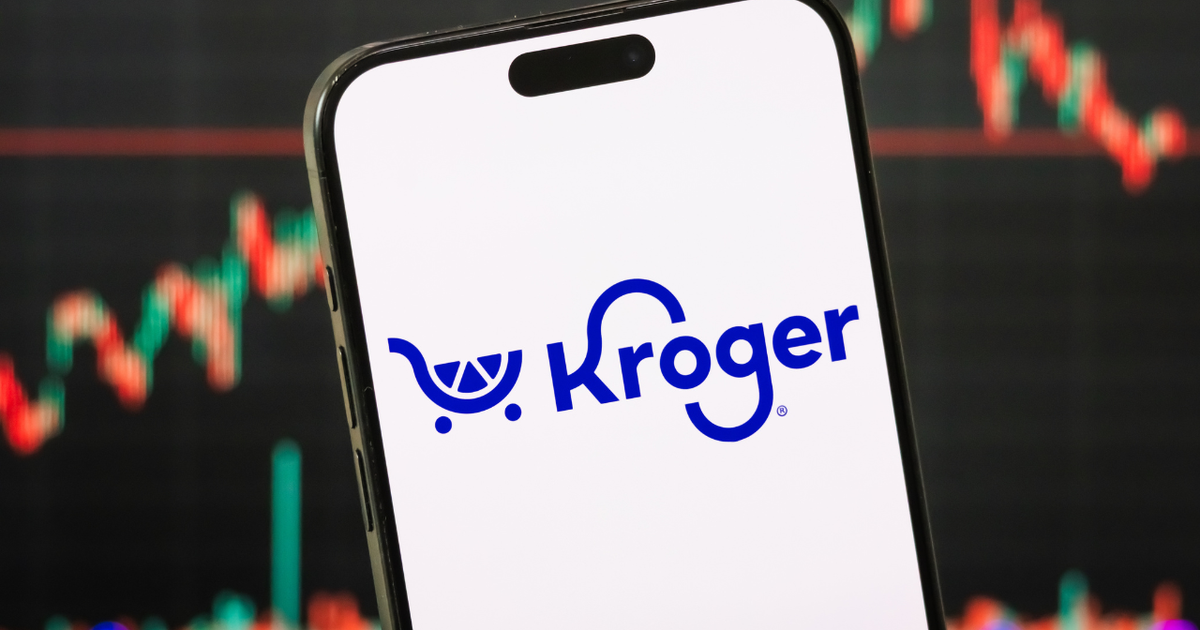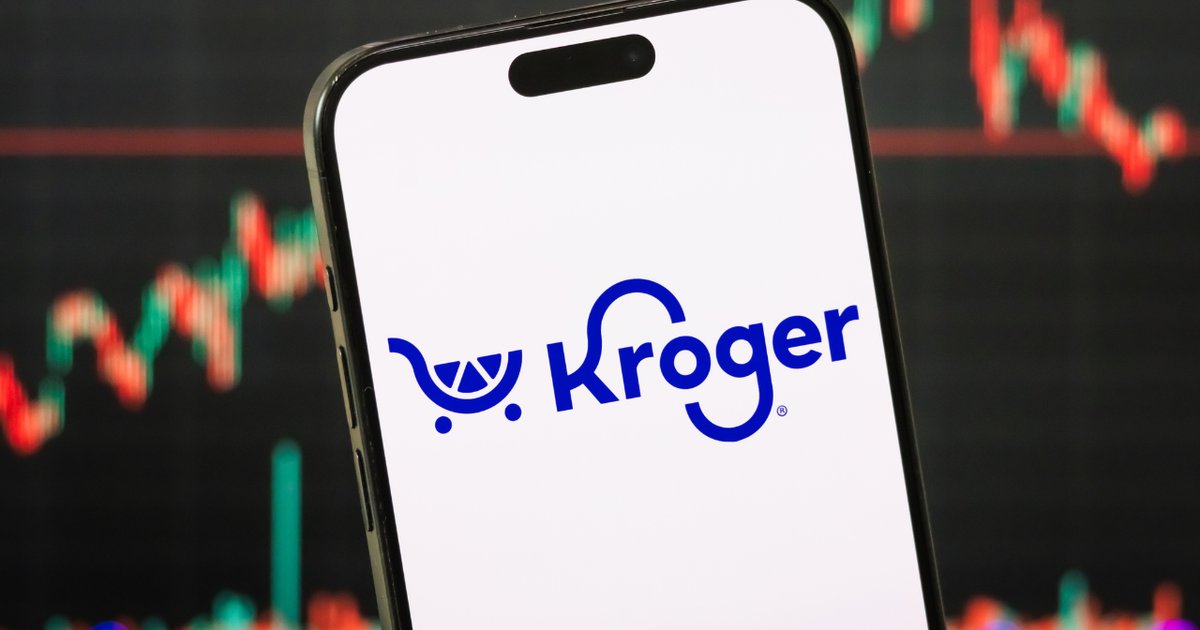VANCOUVER, BC / ACCESS Newswire / July 3, 2025 / Goldgroup Mining Inc. (“Goldgroup” or the “Company”) (TSXV:GGA)(OTCID:GGAZF) is pleased to report that it has closed the previously announced acquisition of a 100% interest in the fully permitted for construction Pinos gold/silver project located in the highly productive Zacatecas gold and silver mining belt. Zacatecas is the second largest mining state in Mexico and the location of several world-renowned operations including Newmont’s Peñasquito and Capstone’s Cozamin mines. (See new releases dated March 7, 2025, January 16, 2025, and August 14, 2024).
Pinos comprises 30 contiguous mining concessions over 3,816 hectares and hosts low-sulphidation epithermal gold and silver vein systems within primary structures related to major regional shears, including multiple high-grade vein structures. Additionally, there is a larger-scale mineralized stockwork target with open-pit potential. Historical production records from 1900 to 1942 show high grade ore being shipped from Pinos with grades ranging up to 80 g/t gold (September 2018 NI 43-101 Preliminary Economic Assessment available atSedar.com on profile of Candelaria Mining Corp.). The project benefits from excellent infrastructure with paved road access to the site, available power and water, and proximity to skilled labor and mining services.
Ralph Shearing, CEO, commented, “We recognized Pinos as a unique opportunity to acquire a largely de-risked, fully permitted, past producing underground gold mine offering published resources, development potential and exploration upside. Our team excels at recognizing quality undervalued assets and advancing them to their full potential, and we look forward to achieving this with Pinos.”
The Company’s immediate plan for the Pinos asset is to update the 2018 Preliminary Economic Assessment (PEA) with the objective of determining potential economics in the current robust gold and silver market and thereafter, advancing the project towards a production decision.
The 2018 PEA was based solely on the Cinco Estrellas vein, which is open in all directions. In addition, there are multiple other vein targets existing on the project, all presenting significant resource expansion potential. A near mine drill campaign is being planned to assess resource expansion and test additional exploration targets
The Company has received approval from the TSX-V for the Pinos acquisition and the transaction is now closed.
About Goldgroup Mining Inc.
Goldgroup Mining is a Canadian-based mining company operating the Cerro Prieto heap-leach gold mine in Sonora, Mexico. In addition to its producing asset, the company has acquired a 100% interest in the Pinos Project, a fully permitted, high-grade gold deposit with a completed Preliminary Economic Assessment (PEA). The company is led by a team of seasoned professionals with extensive expertise in mine development, corporate finance, and exploration in Mexico.
Ralph Shearing, PGeol. (Alberta) a qualified person under NI 43-101 and, CEO of the Company, has reviewed and approved the technical disclosure contained in this news release.
For further information on Goldgroup, please visit www.goldgroupmining.com
On behalf of the Board of Directors
Ralph Shearing
CEO
+1 (604) 764-0965
Sophia Shane
Investor Relations
+1 (604) 306 6867
Neither the TSX Venture Exchange nor its Regulation Services Provider (as that term is defined in the policies of the TSX Venture Exchange) accepts responsibility for the adequacy or accuracy of this press release.
CAUTIONARY NOTE REGARDING FORWARD-LOOKING INFORMATION
Certain information contained in this news release, including any information relating to future financial or operating performance, may be considered “forward-looking information” (within the meaning of applicable Canadian securities law) and “forward-looking statements” (within the meaning of the United States Private Securities Litigation Reform Act of 1995). These statements relate to analyses and other information that are based on forecasts of future results, estimates of amounts not yet determinable and assumptions of management. Actual results could differ materially from the conclusions, forecasts and projections contained in such forward-looking information.
These forward-looking statements reflect Goldgroup’s current internal projections, expectations or beliefs and are based on information currently available to Goldgroup. In some cases forward-looking information can be identified by terminology such as “may”, “will”, “should”, “expect”, “intend”, “plan”, “anticipate”, “believe”, “estimate”, “projects”, “potential”, “scheduled”, “forecast”, “budget” or the negative of those terms or other comparable terminology. Such forward-looking statements involve known and unknown risks, uncertainties and other factors which may cause actual results, performance or achievements to be materially different from any future results, performance or achievements expressed or implied by the forward-looking statements.
Forward-looking information is subject to a variety of known and unknown risks, uncertainties and other factors that could cause actual events or results to materially differ from those reflected in the forward-looking information, and are developed based on assumptions about such risks, uncertainties and other factors including, without limitation: receipt of all required stock exchange and regulatory approvals in connection with the Private Placement and the business of the Company; the completion of the Private Placement as planned; the proposed use of proceeds raised pursuant to the Private Placement and the Company’s plans at the Cerro Prieto project; the scope, duration and impact of the COVID-19 pandemic; the scope, duration and impact of regulatory responses to the pandemic on the employees, business and operations; uncertainties related to actual capital costs operating costs and expenditures; production schedules and economic returns from Goldgroup’s projects; uncertainties associated with development activities; uncertainties inherent in the estimation of mineral resources and precious metal recoveries; uncertainties related to current global economic conditions; fluctuations in precious and base metal prices; uncertainties related to the availability of future financing; potential difficulties with joint venture partners; risks that Goldgroup’s title to its property could be challenged; political and country risk; risks associated with Goldgroup being subject to government regulation; risks associated with surface rights; environmental risks; Goldgroup’s need to attract and retain qualified personnel; risks associated with potential conflicts of interest; Goldgroup’s lack of experience in overseeing the construction of a mining project; risks related to the integration of businesses and assets acquired by Goldgroup; uncertainties related to the competitiveness of the mining industry; risk associated with theft; risk of water shortages and risks associated with competition for water; uninsured risks and inadequate insurance coverage; risks associated with potential legal proceedings; risks associated with community relations; outside contractor risks; risks related to archaeological sites; foreign currency risks; risks associated with security and human rights; and risks related to the need for reclamation activities on Goldgroup’s properties, as well as the risk factors disclosed in Goldgroup’s Annual Information Form and MD&A. Any and all of the forward-looking information contained in this news release is qualified by these cautionary statements.
Although Goldgroup believes that the forward-looking information contained in this news release is based on reasonable assumptions, readers cannot be assured that actual results will be consistent with such statements. Accordingly, readers are cautioned against placing undue reliance on forward-looking information. Goldgroup expressly disclaims any intention or obligation to update or revise any forward-looking information, whether as a result of new information, events or otherwise, except as may be required by, and in accordance with, applicable securities laws.
SOURCE: Goldgroup Mining, Inc.
View the original
press release
on ACCESS Newswire
